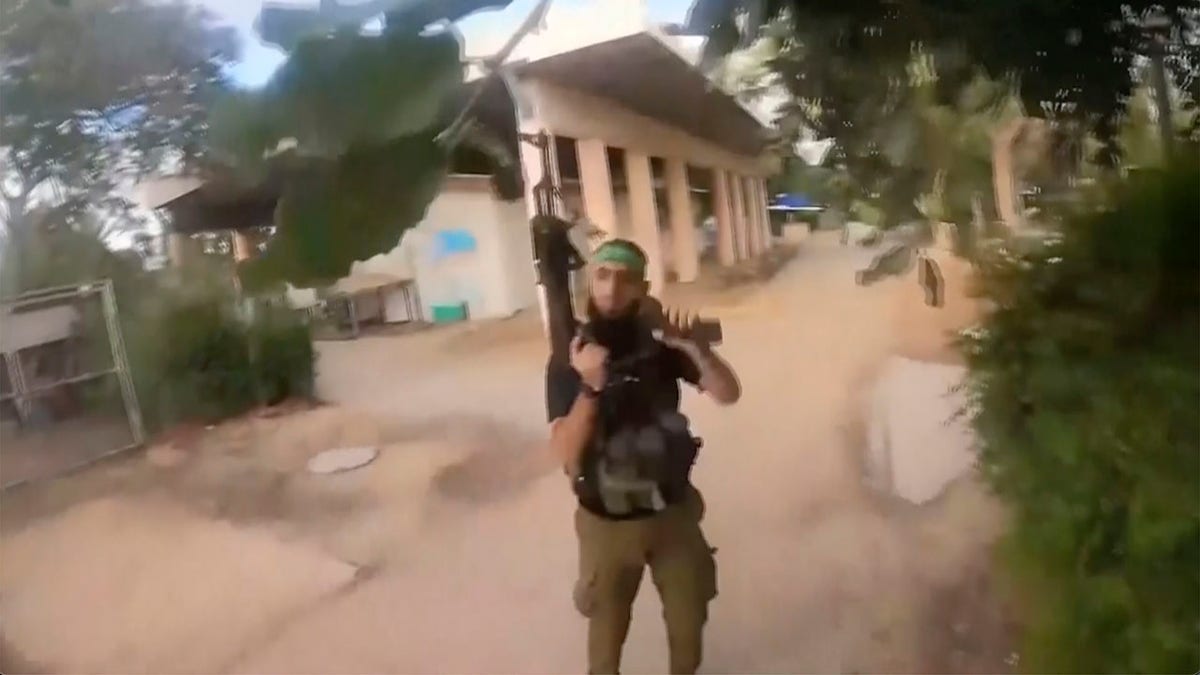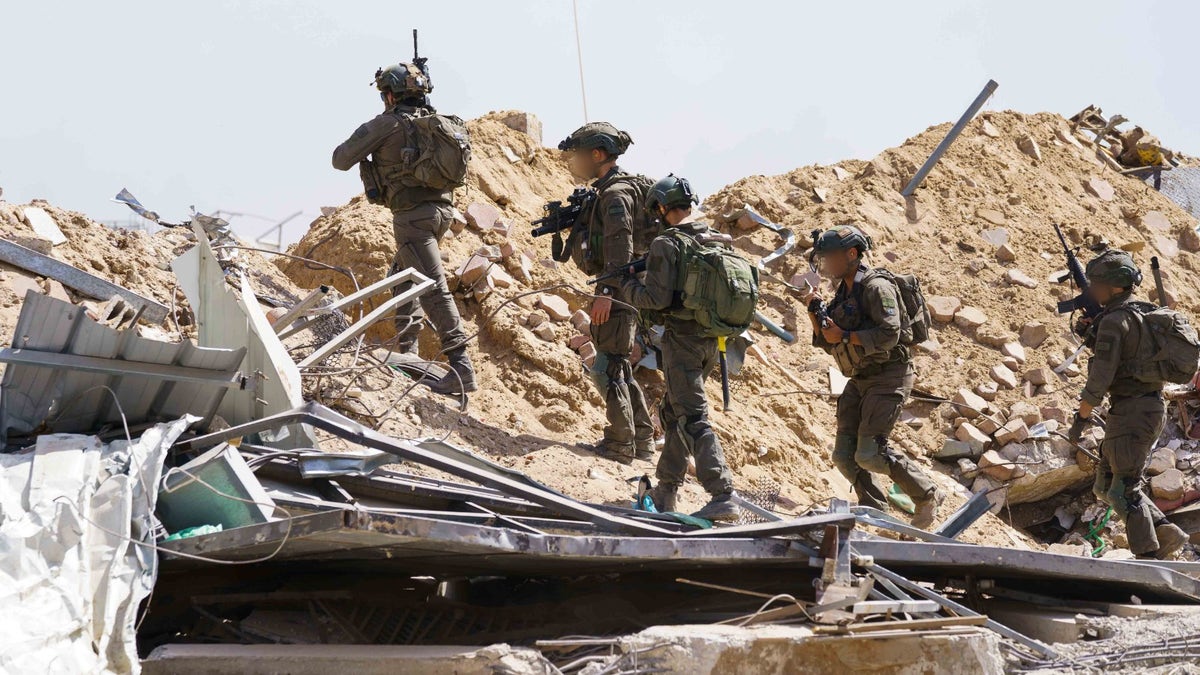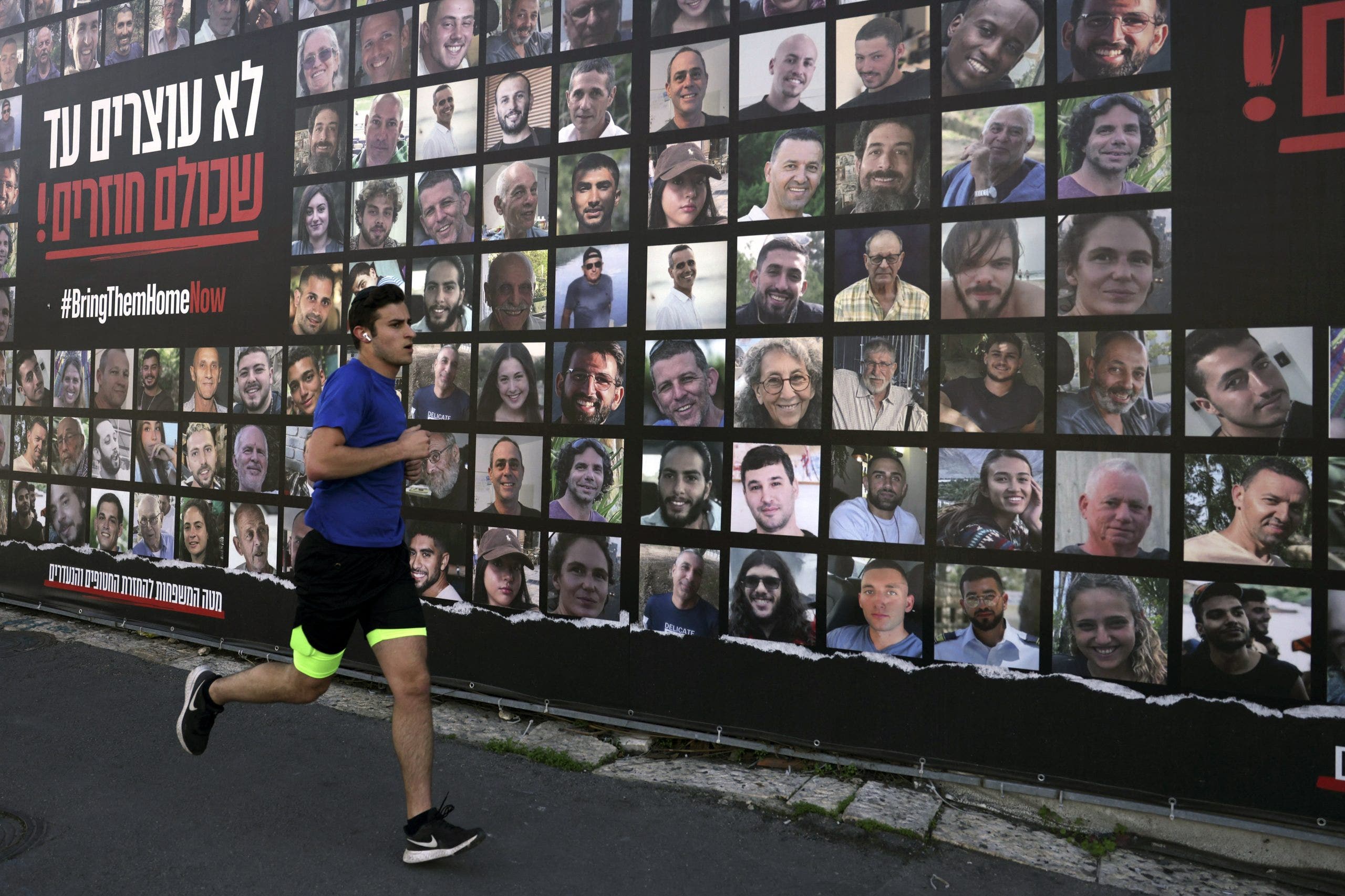The Israeli government has finalized a historic cease-fire and hostage release agreement with Hamas, marking a critical step in the war since the Oct. 7, 2023, terrorist attack. Approved by the Israeli security cabinet and cabinet, the deal will take effect Sunday, with the first three hostages expected to be released. This agreement follows weeks of intensive negotiations mediated by the United States, Qatar and Egypt.
Israeli Prime Minister Benjamin Netanyahu praised U.S. President Biden and President-elect Trump for their roles in advancing the negotiations. Netanyahu thanked Biden for his commitment and lauded Trump’s assertion that Gaza should never again become a “haven for terrorism.”
Trump, in a podcast interview, claimed his involvement accelerated the process, saying, “We changed the course of it, and we changed it fast.”
Under the agreement, Hamas will release 33 hostages in the first phase, including women, children, elderly men and individuals with critical medical needs. Among them are 24-year-old Rumi Gonen, abducted from the Nova music festival, and Shiri Bibas with her two young sons, Ariel and baby Kfir. Families have been notified of the initial releases, while details of subsequent phases will be shared 24 hours prior to implementation.
ISRAEL-HAMAS CEASE-FIRE, HOSTAGE RELEASE DEAL REACHED: ‘AMERICANS WILL BE PART OF THAT’
Out of the three Americans believed alive in Gaza, only two — Keith Siegel and Sagui Dekel-Chen — are included in the first phase. Sagui’s wife gave birth to their third child while he was in captivity. Edan Alexander, an Israeli-American soldier, is not on the list.
Richard Goldberg, a senior adviser at FDD and former Trump NSC official, told Fox News last week Alexander being left off the initial list “would be a big strategic error.”
In return, Israel will release hundreds of Palestinian security prisoners, including minors, women and individuals with health issues. Some of the notable prisoners include Nawal Abd Fattah, a 24-year-old convicted of attempting to stab an Israeli man in 2020, and Ibrahim Zmar, a 15-year-old involved in a 2023 shooting in Jerusalem. Those convicted of leading major terror attacks remain excluded from the deal.
The agreement stipulates that released prisoners cannot be arrested again on the same charges and are not required to sign any declarations upon their release. Each woman or child hostage corresponds to the release of 30 Palestinian prisoners, while the release of soldiers entails 30 life-sentenced prisoners and 20 serving long terms.
CEASE-FIRE BETWEEN ISRAEL AND HAMAS GETTING CLOSER AMID CONCERNS TERROR GROUP REARMING IN GAZA
The deal also facilitates humanitarian relief, allowing 600 trucks of supplies into Gaza daily. By the 22nd day, displaced Gazans will be allowed to return to northern areas, with security inspections limited to vehicles under Qatari-Egyptian supervision. The Israeli military will reduce its presence in certain areas while retaining control of key routes.
The release schedule begins with three hostages on the first day, followed by four on the seventh day. Over the next five weeks, groups of three hostages will be released weekly until the 35th day. Between the 35th and 42nd days, 12 more hostages will be freed, including long-held captives including Avera Mengistu, who has been held captive in Gaza for a decade, and Hisham al-Sayed, a mentally ill individual who crossed into Gaza on his own and has been held there since before Oct. 7.

Negotiations for the second phase will begin on the 16th day of the first stage, focusing on the release of young men and soldiers and the return of bodies. This phase will start on the 43rd day, lasting 42 days, with discussions addressing the remaining captives.
“When phase two begins, there will be an exchange for the remaining living hostages, including male soldiers, and all remaining Israeli forces will be withdrawn from Gaza, making the temporary cease-fire permanent,” President Biden stated during a press conference Wednesday. He also noted that phase three would involve returning the remains of hostages killed in captivity and initiating a comprehensive reconstruction plan for Gaza.
Netanyahu, on the other hand, speaking during a cabinet meeting, emphasized that in his discussions with both President Biden and President-elect Trump, one point was made explicitly clear: If negotiations for the second phase of the agreement fail, Israel will resume military operations.

For families of the hostages, the agreement represents both hope and heartbreak. Ronen and Orna Neutra, whose American-Israeli son Omer was killed by Hamas and whose body remains in Gaza, called the deal bittersweet.
“It’s a tough moment. On the one hand, we’re happy and excited for the families that will hopefully get to see their loved ones after such a long time,” Orna Neutra told Fox News.
“We’re really hopeful that this new administration will be able to bring the deal to fruition and will have all the gravitas to put on the different parties in the region to follow through on it. We trust President Trump that, you know, this is important to him and that he will make sure that this happens.”
Read the full article here




